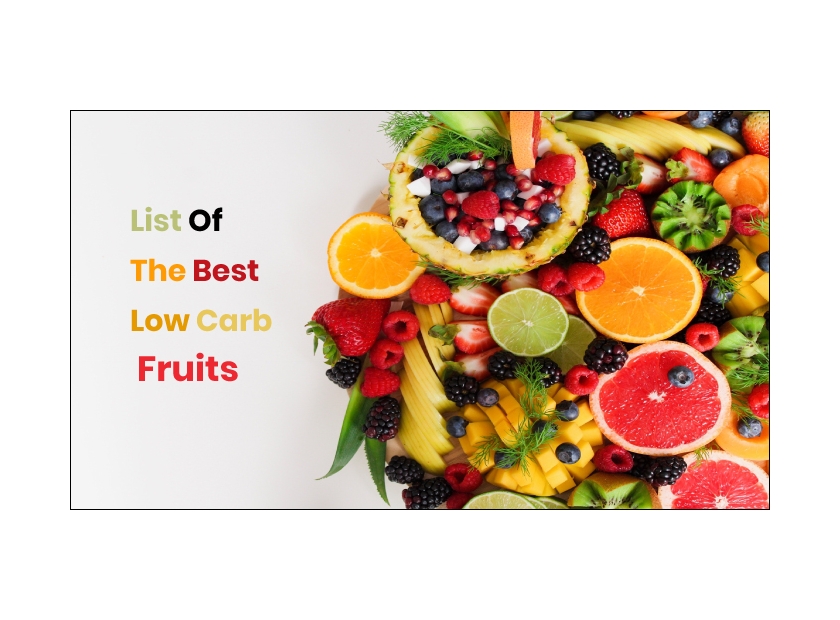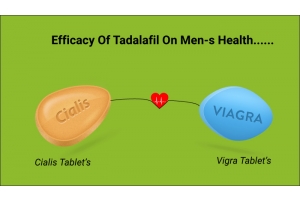List of the Best Low Carb Fruits
List of the Best Low Carb Fruits
Some low-carb diets special say to avoid fruit, at least for a certain portion of the diet. This is because fruit tends to have a elevated carbohydrate content than most vegetables, due to its elevated amount of naturally occurring sugars.
But these sugars are not all bad — for almost people, in proper amounts, Metolar XR 50mg can all serve a healthy purpose without going overboard on carbs.
The three types of sugars found in fruits are glucose, fructose, and sucrose.
Glucose is the body’s bring and default energy source for the brain and muscles, as well all other cells in the body.
Fructose is metabolized exclusively by the liver, which is dissimilar from how the body metabolizes glucose. While some research has advise against regularly consuming high levels of fructose, this advice applies to added fructose, such as high fructose corn syrup or agave nectar, not whole fruit.
Sucrose may be more familiar to you as “table sugar,” but it also occurs naturally in some fruits. Our bodies are provide with an enzyme to break it down into glucose and fructose, and then metabolize it as each of those individual sugars.
Watermelon
This quintessential fruit of summer point lowest in carbohydrate content, packing only 7.55 g per 100 g of fruit. It’s low in fiber, so most of this carbohydrate is engross. Watermelon is also up in vitamin A and has a up water content, which will fill you up while supply fewer calories.
Berries
Berries are a famous selection for people watching their carb intake, and strawberries have the fewest carbs of all part of berries, while blackberries have the fewest net carbs. For each 100 g of strawberries, you’ll get 7.68 g of carbohydrates and 2 g of carbohydrates, yielding a net of 5.68 g of carbohydrates.
Cantaloupe
This popular orange melon is considerable on a hot summer day and contains only 8.16 g of carbohydrates and 0.9 g of fiber per 100 g of fruit, netting only 7.26 g of carbohydrates.
Avocados
Yes, avocados are a fruit, and they have relatively fewest carbohydrate content to boot. For each 100 g of avocado, you’ll get an estimated 8.53 g of carbohydrate, 6.7 g of fiber, netting only 1.83 g of carbohydrates!
Honeydew
Honeydew, another melon, comes in at 9.09 g of carbohydrates and 0.8 g of fiber for every 100 g, netting 8.29 g of carbohydrates. It’s also an excellent source of vitamin C as well as potassium, an electrolyte you need to manage good blood pressure, pH balance, and a healthy metabolism.
Peaches
A sweet and juicy treat, peaches surprisingly don’t have too more carbohydrates. For everyone 100 g of fruit, you’ll get 9.54 g of carbs and 1.5 g of fiber, netting only 8.04 g of carbohydrates.








